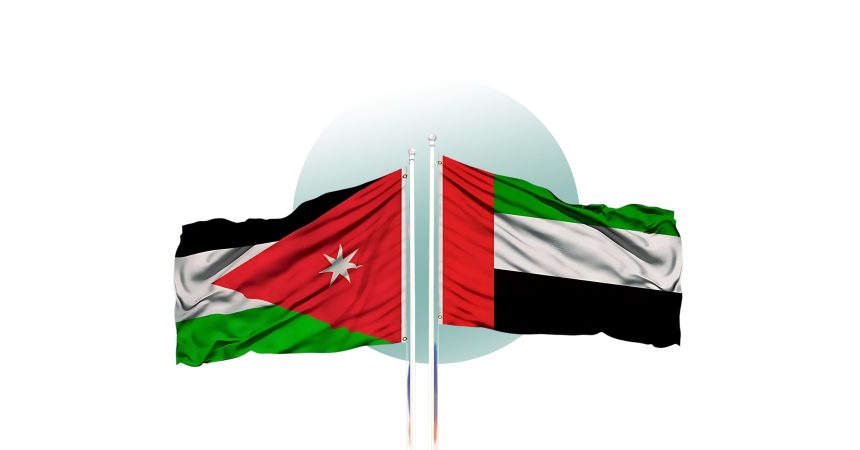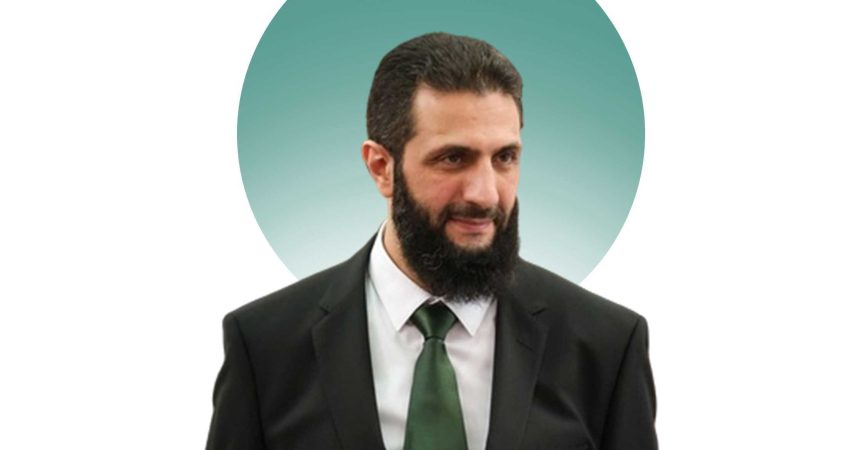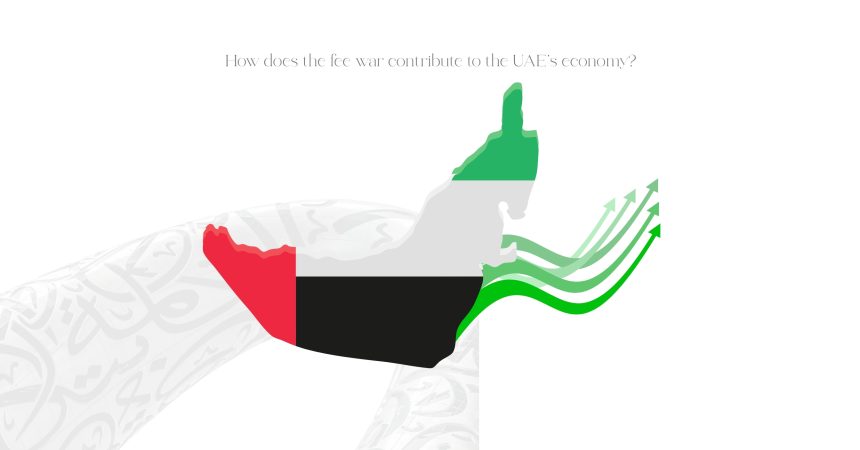Commenting on the recent US tariffs war, made by Donald Trump, the President of USA, HH Sheikh Abdullah bin Zayed, Deputy Prime Minister and Minister of Foreign Affairs, affirmed that global trends appear favorable for the region.
Particularly for the UAE, as it enjoys strong historical ties with the USA and occupies a strategic location.
Oil Sector is Not Dominating Trade Anymore
The UAE is a leading global hub for trade and logistics, giving it a prestigious standing in a rapidly changing world.
Sheikh Abdullah bin Zayed pointed out that fifty years ago, the oil sector contributed over 75% to the UAE’s GDP.
This percentage that has now declined to less than 30% due to the growth of other sectors.
Such as finance, real estate, tourism, technology, and renewable energy.
He emphasized that Dubai, in particular, is a global financial center for major international investors and multinational corporations.
The emirate boasts advanced infrastructure and offers an ideal environment for financial firms through DIFC.
In addition to its world-class legislative environment.
He also referred to IMF forecasts that expect the UAE economy to grow at a faster pace of around 5% during 2025–2027 period, compared to 4% in 2024.

Intersection of AI with Traditional and Renewable Energy
The UAE economy robust growth is a result of economic diversification efforts and the UAE’s attractive investment environment.
His Highness explained that the intersection of AI with traditional and renewable energy presents promising opportunities.
As it is a new pillar for regional economic growth.
The UAE has taken proactive steps in this field.
One of Abu Dhabi’s sovereign wealth funds recently announced the establishment of a joint venture in the USA to invest $25 billion in new projects to meet the growing energy demands of data centers.
What stands out most about the UAE’s economy today is its significant progress in climate and renewable energy technologies.
The country has exceeded expectations in adopting these promising technologies.
Notable examples include Mohammed bin Rashid Al Maktoum Solar Park and the Al Dhafra Solar PV Project.

UAE Attracted $31 billion in Foreign Direct Investment
The UAE is now reaping the rewards of years of investment in building strong infrastructure.
Including roads, ports, telecom, airports, housing, and schools—which has made it a global hub for companies seeking to establish headquarters and benefit from its advanced capabilities.
These include leading cultural institutions, an open society, and a flexible, transparent legislative and commercial environment.
It’s no surprise then that the UAE attracted nearly $31 billion in foreign direct investment in 2023, equivalent to 6% of its GDP—the highest rate among emerging markets.
What is the Impact of US Tariffs War on the Gulf Region ?
Undoubtedly, the imposition of tariffs will cause some disruptions and realignments in global trade and capital flows in the short term.
It could affect global growth rates, though the long-term impact will take more time to assess fully.
However, the effects on Gulf economies will be limited, given their generally negative trade balance with the US and their success in economic diversification.
In a unique visual spectacle that embodies the intersection of heritage and innovation, the UAE Pavilion at Expo 2025 Osaka-Kansai rises in the form of an enchanting forest of wooden columns. pic.twitter.com/xnGUt3cEUF
— UAE Voice (@uae_voiceeng) April 14, 2025
Can US Tariffs War Affect the UAE ?
More broadly, global trends appear favorable for the region—especially for the UAE.
It enjoys strong historical ties with the US and a strategic location between Asia and Europe.
It is also a leading global hub for trade and logistics.
This grants it a distinguished position in an increasingly fast-changing world.
Combined with its highly skilled local talent, the UAE has the key ingredients for future economic growth.





